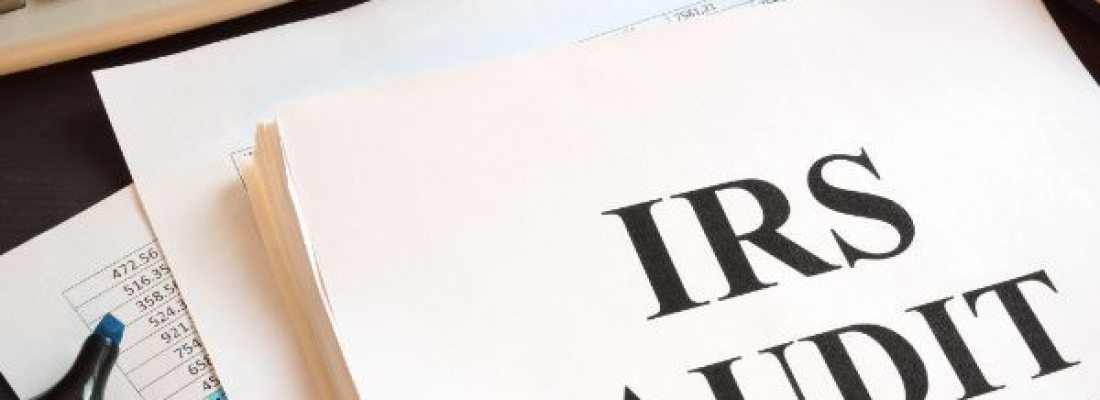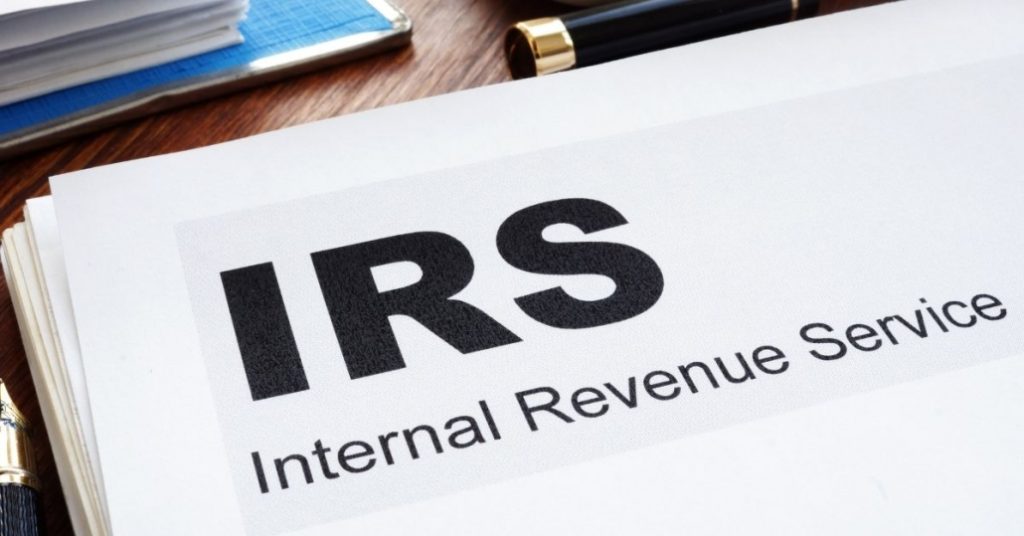Steps to Choose an IRS Audit Representative in NY

Facing an IRS audit can be a daunting experience, especially if you’re unprepared. In New York, selecting the right IRS audit representative is crucial to navigating the complexities of tax laws and ensuring a favorable outcome.
1. Assess Your Needs
Before starting your search, clearly define what you need from an IRS audit representation NY. Are you looking for someone with specific expertise in certain tax issues, such as business taxes or individual returns? Understanding your needs will help you find a representative with the appropriate skills and experience.
2. Verify Qualifications
Ensure that the representative you choose has the necessary qualifications and credentials. Look for professionals who are licensed Certified Public Accountants (CPAs), Enrolled Agents (EAs), or tax attorneys. Each of these professionals has a different level of expertise and regulatory authority. CPAs are generally well-versed in a broad range of tax matters, EAs specialize in IRS audit representation NY, and tax attorneys can offer legal advice and representation.
3. Check Experience and Specialization
Experience plays a significant role in handling IRS audits. Look for representatives with a track record of dealing with audits like yours. Specialization in areas such as small business taxes, self-employment income, or complex financial portfolios can make a big difference in the effectiveness of the representation.
4. Read Reviews and Ask for Referrals
Research potential representatives by reading online reviews and asking for referrals from friends, family, or business associates. Positive feedback from previous clients can provide insight into the representative’s reliability and effectiveness. Additionally, referrals from trusted sources can help you find reputable professionals.

5. Schedule a Consultation
Arrange consultations with a few potential representatives to discuss your case. This meeting will give you a sense of their communication style, approach to handling audits, and how comfortable you feel working with them. During the consultation, ask about their strategies for managing audits, their fee structure, and their availability.
6. Evaluate Fees
Understanding the cost of representation is crucial. Ensure that you have a clear agreement on fees before committing. Some representatives charge a flat fee, while others bill hourly. Make sure to discuss and agree on the payment terms to avoid any surprises.
7. Assess Communication Skills
Effective communication is key when dealing with an IRS audit. Choose a representative who explains complex tax issues in a way that you can understand and who keeps you informed throughout the process. Good communication can help reduce stress and ensure that you are fully aware of your options and progress.
8. Trust Your Instincts
Ultimately, trust your instincts when making your final decision. You should feel confident in your representative’s ability to handle your audit professionally and effectively. A good working relationship with your representative can greatly influence the outcome of your audit.








